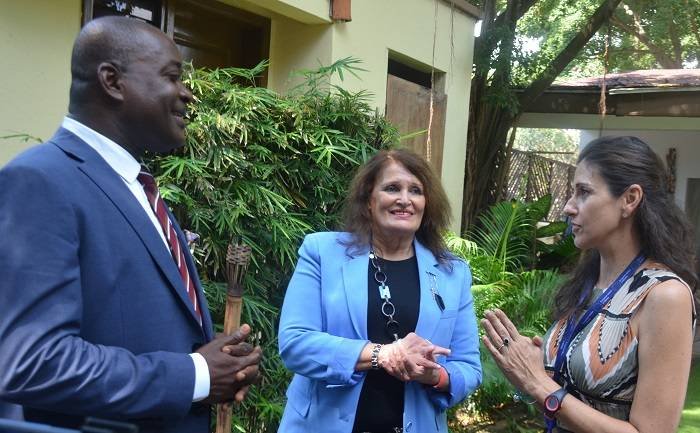A two-day capacity development training workshop for organisations responsible for quality assurance in education from Africa is underway in Accra.
The workshop which is co-hosted by the Ghana Tertiary Education Commission (GTEC) and the management team of the African Qualifications Framework (ACQF-II) brought together participants from 18 countries across the continent and Europe.
It was held under the theme: ‘Making National Qualification Framework (NQFS) Operational in a Changing World.’
The African Continental Qualification Framework (ACQF) is a policy document aimed at helping with the mobility of labour and trade on the continent and also help with the categorisation of qualifications on various levels based on learning outcomes.
Opening the event yesterday, European Training Foundation Coordinator of ACQF project, Eduarda Castel Blanco said the framework was an African Union and European Union partnership project which was started in 2020.
She said the project which was currently in its second phase would end in 2026 with a lot of activities.
The activities of the project, she said, were directly contributing to the implementation of the policy document of the ACQF, which was validated and approved by the African Union member states.
Ms Blanco said the activities of the project were ambitious, hence there was the need for it to be coordinated at the country level but also with the EU delegation.
She stated that the ACQF II project was contributing to the development of the national qualification framework and its related policies like the recognition of trial learning which was fundamental in African countries.
She also mentioned that digitalisation of qualifications management through the qualification and credentials platform would start in November, adding through the platform information on qualification and credentials can easily be shared for all Africans to benefit.
The Acting Director General of GTEC, Prof. Ahmed Jinapor said the programme was part of the capacity development activities towards the design, development and implementation of Ghana’s NQF and related policies, such as Recognition of Prior Learning (RPL).
He said about 80 per cent of the country’s workforce was in the informal sector whose skills were either not quantified or verified, hence the need of the country’s own NQF.
“This platform therefore gives us the opportunity to get the training to develop our own NQF which is very urgent for the growth of our county,” he said.
He stated that it was also important to relate the skills of the informal sector across the borders of the country, hence it was collaborating with the Technical and Vocational Education and Training to have measurable mechanisms of skills.
Prof. Jinapor said the training was timely and necessary as it would help compare the skills of foreigners with that of Ghanaians in order to make the latter more competitive locally and internationally.
BY JEMIMA ESINAM KUATSINU

